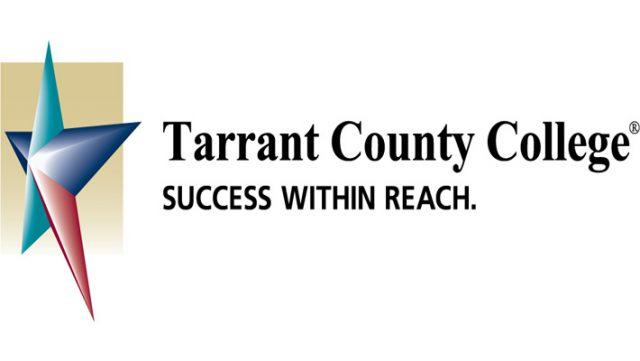By Josh Del Rio/ reporter
Emotional intelligence is the key to career development and employability, a NE business assistant professor said in a seminar Nov. 17.
Randy Saleh compared the workplace to a battlefield. If employees don’t understand which battles are worth fighting, then the workplace won’t be an amicable one, he said.
At the core of the workplace is emotional intelligence, the ability of employees to monitor their own emotions as well as their co-workers’ emotions, Saleh said. A study done by The Wall Street Journal in October 2013 indicated companies struggle to find college graduates with emotional intelligence skills.
The five components of emotional intelligence are self-awareness, self-regulation, motivation, empathy and social skills. Saleh said they are not developed overnight, and employees might fail in one or all of these areas at some point in their careers. However, employees who are in tune with their emotional intelligence will know to keep working on developing those skills.
Saleh provided three keys to strengthen emotional intelligence: become proactive, improve communication and build an emotional bank account with others.
Proactive employees know they control their responses to certain situations, Saleh said. Negative responses can have negative effects. Proactive employees are also problem solvers. They set specific, measurable, attainable, relevant and time-limited (SMART) goals. They create personal mission statements to help them see the purpose, values and actions in their own lives.
Communication is the most important interpersonal workplace skill, Saleh said. The most effective way to communicate with co-workers is to think before speaking to understand what they are trying to say.
Employees should create a figurative bank account dealing in trust rather than money, Saleh said.
“The emotional bank account is how we wrap up our emotions and get emotional intelligence to work for us,” he said. “Trust takes a lifetime to build and takes seconds to destroy.”
When coming into contact with others, employees must ask themselves what they want to achieve, Saleh said. Will confrontation help or hurt the situation? If people are not in touch with their emotional intelligence, they won’t have the proper tools to understand their own goals or understand their co-workers, and the workplace will not be amicable.





























